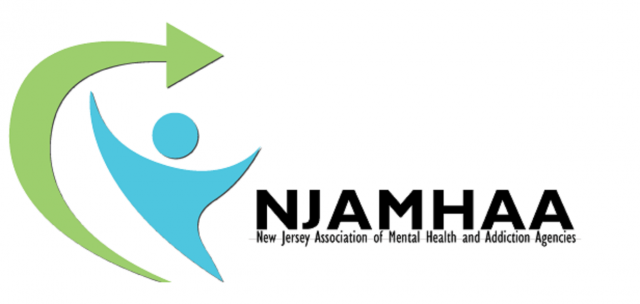December 4, 2024
The FY2026 State Budget Needs to Include Significantly Greater Investment in the Behavioral Healthcare System
"Since January 2024, I estimate that at least 20 partial care case managers have left their positions. Numerous employees have accepted this job, but quickly realize that the excessive paperwork and the intensity of dealing with high-risk clients make the job untenable. Some have not lasted even one week, with some leaving after just two days," said Diane Richardson, LCSW, LCADC, CCS, from Mount Carmel Guild Behavioral Health, Catholic Charities of Newark.
Diane also shared a letter in which a partial care program client wrote:
"Mt. Carmel Guild has helped me in the transition from my 32 years in state hospitals to a semi-independent life. I may be graduating from the program soon as I seek full-time work. What I've learned at the Guild will be a foundation for me to build on as I seek to be a productive member of society."
Mount Carmel Guild's loss of staff is an example of a systemic problem that is preventing many New Jersey residents from receiving the clinical treatment and support services they need to recover from mental illnesses and substance use disorders. The success story shared above is one of numerous illustrations of the positive impact that community-based behavioral healthcare services have on individuals' potential for accomplishments and a high quality of life.
What Is Likely to Happen to Individuals who cannot Receive Services?
- Worsening symptoms of mental illnesses, substance use disorders and/or physical health conditions
- Need for treatment in emergency rooms and/or inpatient hospital units, which are much more costly than community-based behavioral healthcare services
- Increased risk of suicidal thoughts and behaviors
- Increased risk of not being able to enter, rejoin or continue in the workforce, which can cause further mental and emotional decompensation
How Can these Risks Be Reduced?
The following - and more - must be included In the FY2026 State Budget:
- Increases of Medicaid and fee-for-service rates, as well as contracts, by 8%
- Substantially greater investment in the behavioral healthcare workforce, which has been declining as the demand for services has continued to increase
- $10 million to maintain New Jersey's Certified Community Behavioral Health Clinics
- Additional significant investments to strengthen the behavioral healthcare system and, as a result, improve New Jersey residents' quality of life, as well as the state's bottom line
In addition, several legislative bills need to be signed into law
to further reinforce mental healthcare, substance use treatment
and social services. For example:
- A1143/S1032 to ensure the State considers a cost-of-living adjustment for human services' rates and contracts each year
- S2504/A3937 to set Medicaid rates for mental health services equal to Medicare rates for the same services
- S3565/A2803 with amendments to increase access to telehealth
NJAMHAA urges Governor Phil Murphy and the State Legislature to
keep in mind the story of Mount Carmel Guild's staff and clients
and others featured in NJAMHAA's campaign, Untold
Stories, as they develop and vote on the FY2026 State Budget
and legislation that impacts behavioral healthcare services - and
most importantly, the many children, youth and adults who depend
on them.
Please click here to see details and more success stories, as well as more untold stories from service recipients and behavioral healthcare staff, in NJAMHAA's Untold Stories campaign.



